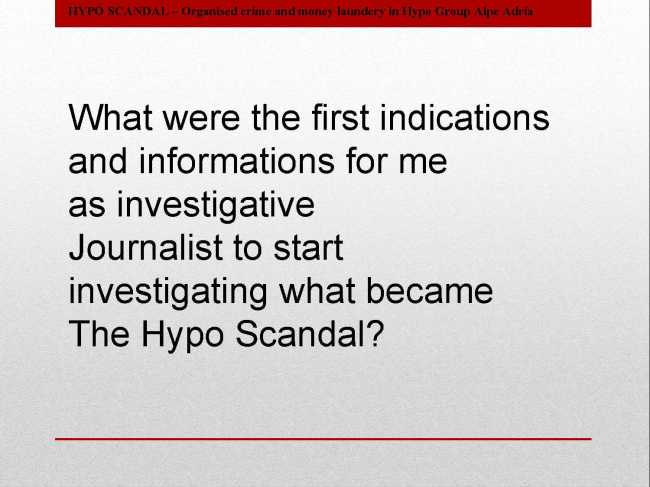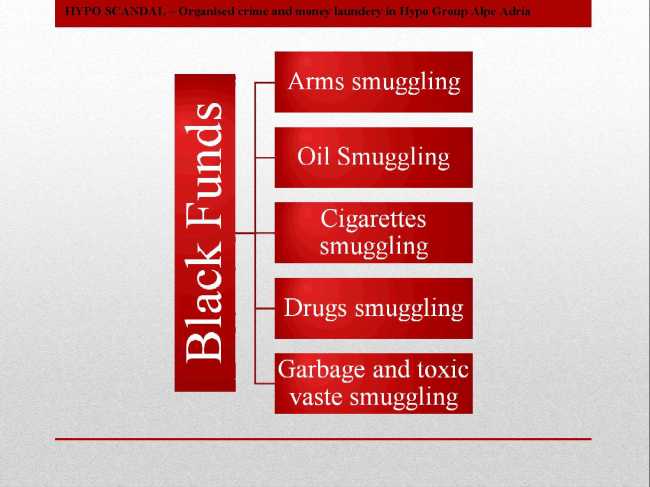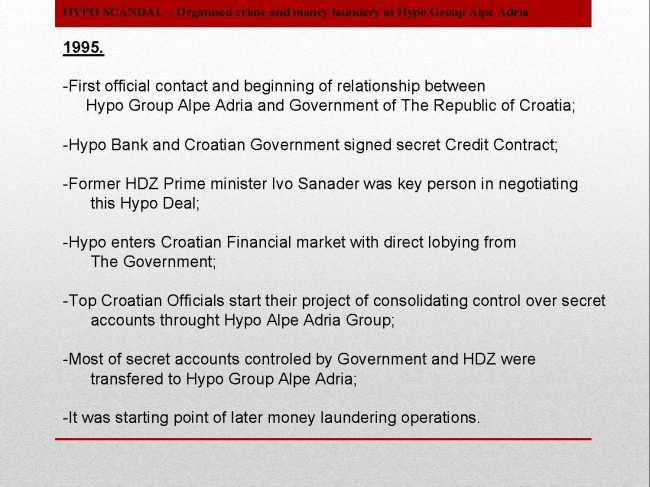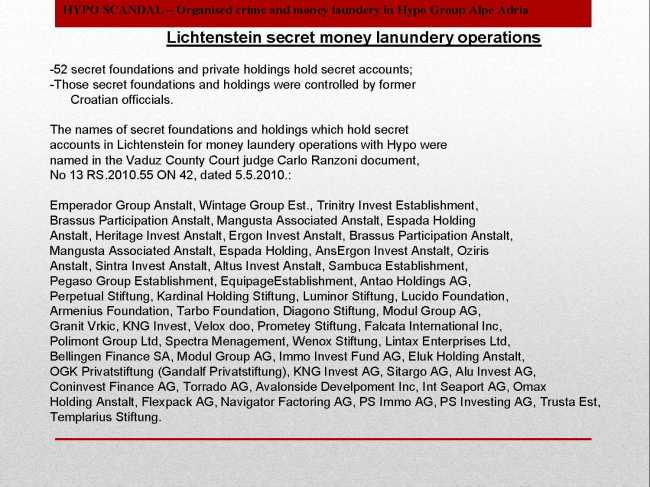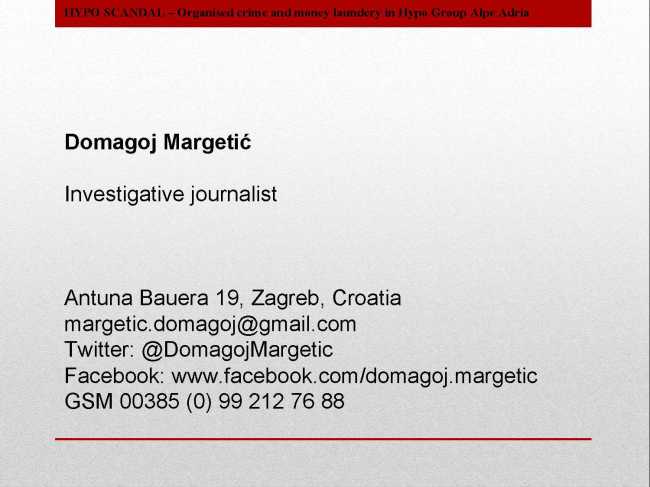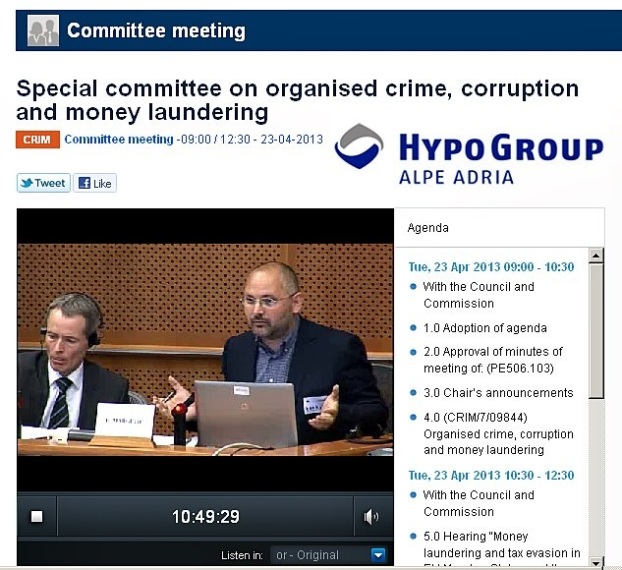Many were disturbed when our new Secretary of State John Kerry came on TV in July and August and started boasting about not having any other options in Syria (read: not wanting to pursue a diplomatic solution) but to deliver a military attack. There was nothing logical about our Chief Diplomat pursuing a war-strategy and causing a World War III.
As it turns out, Kerry and McKain were fed information by young and talented Elizabeth O’Bagy from the Institute for the Study of War, and were quoting her research during Congressional Hearings. “This postmodern reenactment of the Icarus myth also provides a bizarrely informative window into the way that Washington’s foreign policy sausage gets made,” correctly writes Think Progress.
Think Progress writes on September 11, 2013 in its article: “The Inside Story Of How A Fake PhD Hijacked The Syria Debate”:
“Dr. Elizabeth O’Bagy, Syria expert, made quite an impression on Senator John McCain. During Senate hearings, the former Presidential candidate [McKain] quoted at length from her recent Wall Street Journal op-ed painting a rosy picture of a mostly secular, pro-Western anti-Assad insurgency.
“John, do you agree with Dr. O’Bagy’s assessment of the opposition?” the Senator [McKain] asked the Secretary of State John Kerry. “I agree with most of that,” he replied.
O’Bagy’s op-ed piece for the Journal, “Elizabeth O’Bagy: On the Front Lines of Syria’s Civil War – The conventional wisdom—that jihadists are running the rebellion—is not what I’ve witnessed on the ground” was cited by both Kerry and McCain. McCain read from the piece, calling it “an important op-ed by Dr. Elizabeth O’Bagy.” The next day, Kerry also brought up the piece before a House Foreign Affairs Committee hearing and described it as a “very interesting article” and recommended that members read it.
Regardless of whether somebody took advantage of Elizabeth O’Bagy or whether O’Bagy was too ambitious to question motivation of her sources, it does not take too much research to walk back some of her sources. My main question in this whole story was who is feeding O’Bagy’s bag full of tricks (credit to @peter_kiernan).
The Institute for the Study of War, where O’Bagy was working, has often been labeled by liberal pundits as “The Institute for the Promotion of War”, and sponsors of this non-profit organization are incidentally, also the pundits of the war manufacturing industry. But our new Secretary of State, John Kerry, is a democrat, so how is it possible that his strategy on Syria is so interventionist-oriented? How is the Cld War neo-conservative warring agenda connected to our liberal sources?
I would argue that this is motivated by those who are looking for their next job in the warring country, and likewise by the overambitious persons in the media. Enter Edward P. Joseph, another O’Bagy or Institute for Study of War connection.
Edward P. Joseph is eager to get back into the conflict area — high visibility, high fees, hardship pay. Jospeh is a highly experienced field practitioner on conflict, stabilization and reconstruction. He was on the ground in Kosovo as recently as 2012, as Deputy Head of OSCE Mission in Kosovo leading a ‘technical team’ of negotiators to run Serbian elections in Kosovo, and according to his own words “averting a brewing crisis between Serbia and Kosovo.” He writes in his biography that Secretary of State Hillary Clinton specifically acknowledged his contribution in this role.
Joseph spent more than dozen years in the Balkans with war-time experience in every conflict front (Serb-Bosniak; Bosniak-Croat; Bosniak-Bosniak; Croat-Serb; Serb-Albanian; Albanian-Macedonian.) So in one of the articles in Foreign Policy dated August 29, 2013 entitled “So You’ve Bombed Syria. What Next?” Joseph writes an article, together with Elizabeth O’Bagy that any serious peace plan needs to put security front and center. The two co-authors advocate military action:
“At the moment, views are split within and outside the Obama administration over whether the United States should strike Bashar al-Assad merely to punish him for using chemical weapons – reasserting U.S. regional credibility in the process – or take sustained action to degrade the regime’s capacity to wage war and move the parties toward a peace deal. This is a false choice. No matter the intensity or duration of the strike package, U.S. missiles are likely to open the best window yet to catalyze negotiations, something the United States and Russia have failed to do in a series of abortive attempts to hold a peace conference in Geneva. It is therefore critical that the administration seize this fleeting opportunity to hasten the end of the war as it formulates its military plans.”
So Joseph advocates what he does best – separating the warring factions in the same way he operated in the Balkans:
“A serious, attention-getting peace proposal would contain at least two new components. First, it would specify the composition and control of state security forces, as well as the complimentary responsibilities of a U.N. peacekeeping force charged with separating factions and protecting vulnerable populations.”
Further, Joseph and O’Bagy, advise on divisio of Syria:
“Second, given the amount of bloodshed and population displacement, guaranteeing security is going to require another bold step: a map that codifies to some degree the demographic separation that has taken place over more than two years of fighting.”
How long has Joseph been coining this new assignment? His democratic affiliations have been many. Joseph was the intellectual contributor to both Joe Biden and Al Gore Presidential campaigns.
In February 2013 in one of his Foreign Policy articles “The Russia Gambit”, he questions, together with his co-author Christopher Chivvis (PhD, Rand Corporation), whether John Kerry is really ready for his new job as a Secretary of State to tackle the Syria issue advising him that for the sake of Syrian lives, John Kerry needs to play hardball with Moscow (see opinion piece by Jamie Rubin below on the same point). Not only that, Jospeh and Chivvis wonder whether in the midst of vacant CIA Director post, John Kerry will really step up in his role as a Secretary of State, but they also state:
“Current trends in Syria suggest that Washington will be forced into some kind of action eventually. Every day the Assad regime manages to hang on, however crippled, the risk that it will use chemical weapons out of desperation mounts. Likewise, if the regime falls to radical Sunni Islamists, its chemical arsenal may well end up in radical hands. In either case, the damage to U.S. security and regional influence will be substantial.
The best way out of this quandary is to train and equip opposition fighters — the approach that the outgoing secretaries of state and defense, as well as the former CIA director reportedly backed. Providing weapons — most critically, man-portable air-defense systems (MANPADS) that can neutralize the regime’s overwhelming air advantage – to rebel groups on a selective basis would avoid the problem of aiding all groups indiscriminately, as would be the case with a no-fly zone, for example.”
References above are to Hillary Clinton, Leon Panetta, and David Petraeus, outgoing secretary of state, defense and CIA. All three of them approximately left during the six-month period, and whoever was planning war in Syria got caught in the vacuum of changing strategies.
As pertaining to media: in my previous blog, I write a piece, entitled “Media to Understand Repercussions of Military Intervention in Syria: Military Strikes are Fought by Troops, the Troops are People & People Have Families” on the responsibility of media when reporting about the issues of war. And I ask one question in my recent September tweet as pertaining to one very skilled media reporter Christiane Amanpour:
“Does media bears responsibly when they help start wars?”
Christiane Amanpour, who I respect but disagree with on the use of force, like Joseph has also gone through the experience of the Bosnian war. She has made her career based on war reporting in the Balkans, and has as a result become a an opinion journalist. Her angry and emotion plea to intervene in Syria is presented here. She helped coin mass opinions on the Syrian intervention. Without considering diplomatic option, I find this type of opinion journalism dangerous.
What is opinion journalism? Wikipedia describes opinion journalism as journalism that makes no claim of objectivity. Although to be distinguished from advocacy journalism, both forms feature a subjective viewpoint, usually with some social or political purpose. Unlike advocacy journalism, opinion journalism has a reduced focus on detailed facts or research, and its perspective is often of a more personalized variety. Common examples include newspaper columns, editorials, editorial cartoons and punditry. And these are generally only one component of a generally objective news outlet, rather than the dominant feature of an entire publication or broadcast network.
Amanpour happens to be married to Jaime Rubin, a former diplomat and journalist, a former Assistant Secretary of State for Public Affairs and Chief Spokesman for the State Department from 1997-2000, and a right-hand man to Secretary Madeleine Albright. In his piece for the New Republic, Jamie Rubin writes on May 29, 2013 a piece entitled “Hey Man, Slow Down – John Kerry should put the brakes on negotiations with Russia over Syria.”
Jamie Rubin writes:
“Secretary of State John Kerry has gotten off to a fast start as America’s chief diplomat, already racking up a half a dozen sessions with his Russian counterpart, Foreign Minister Sergei Lavrov. Kerry says they have developed an extraordinary rapport, including bantering over ice hockey and other professional sports. So far, so good. But there’s a problem with this budding relationship. Whereas Lavrov is a wily, experienced diplomat looking out for Russia alone, Kerry is new to the job and so anxious for a diplomatic achievement that he seems too willing to weaken U.S. policy with respect to the brutal war in Syria.
…
Kerry is making a big mistake if he doesn’t understand that Russia wants, as a matter of policy, to weaken the United States. He should be much more wary of negotiations with Lavrov until Assad’s calculations change, and that will only happen when the Syrian opposition recovers from recent setbacks. There will be a time for negotiations to succeed, but that time is not now.”
Rubin is not advocating dipolmatic solution, and is one of many who we talk about above who are primarily advocating a military intervention.
In summary, a lot of pressure has been put by the opinionated players who have access to media on the State Department to go with the option of the Syrian invasion. They are either greedy for attention or greedy for the money and power.
For all we know intervention in Syria may even be an infighting between Clinton camp and Kerry camp, both of whom were former diplomatic nominees for the Presidency. It is all a very dirty game, powered by opinionated media and faux journalists — going as subject matter experts who are seeking their next engagement either in the industry or in politics. Our nation, our politics and our media are sick.
… And all of them should be careful because at the end, Icarus is the myth of over-ambition.
The main story told about Icarus is his attempt to escape from Crete by means of wings that his father constructed from feathers and wax. Icarus ignored instructions not to fly too close to the sun, and the melting wax caused him to fall into the sea where he drowned. In psychology, myth of Icarus is often used when describing the consequences of personal over-ambition, and ‘Icarus complex’ has been described as the relationship between fascination for fire, enuresis and high ambition – often correlated to the diagnosis of bipolar disorder. It is described as a certain type of mania where a person is fond of heights, fascinated by both fire and water, narcissistic and observed with fantastical or far-fetched-imaginary cognition.
“Icarus – Borne On Wings Of Steel”
Kansas
Early in the morning sunlight
Soaring on the wings of dawn
Here I’ll live and die with my wings in the sky
And I won’t come down no more
Higher than a bird I’m flying
Crimson skies of ice and fire
Borne on wings of steel I have so much to feel
And I won’t come down no more
Sail on, sail on, I will rise each day to meet the dawn
So high, so high
I’ve climbed the mountains of the sky
Without my wings you know I’d surely die
I found my freedom flyin’ high
I’ve climbed the mountains of the sky
Floating on a cloud of amber
Searching for the rainbow’s end
Earth so far below me,
I’m here alone, free
I can’t come down no more
Related articles
- The Inside Story Of How A Fake PhD Hijacked The Syria Debate (thinkprogress.org)
- Kerry and McCain’s Fake PhD Syria ‘Expert’ O’Bagy is Neocon and Israeli-linked Operative (sgtreport.com)
- Pro-War, WSJ Op-Ed Writer Elizabeth O’Bagy Fired for Lying about Having a Ph. D. (economicpolicyjournal.com)
- Kerry and McCain’s favorite Syria ‘expert’ fired for faking credentials (rawstory.com)
- Kerry and McCain’s Fake PhD Syria ‘Expert’ O’Bagy is Neocon and Israeli-linked Operative (21stcenturywire.com)
- Fake PhD Syria ‘Expert’ O’Bagy is Neocon and Israeli-linked Operative (globalpoliticalawakening.blogspot.com)
- Syria researcher cited by Kerry, McCain, fired for lying (upi.com)
- Elizabeth O’Bagy, Syria Researcher Cited By Kerry And McCain In Hearings, Fired For Ph.D Claim (angelajoya.com)


